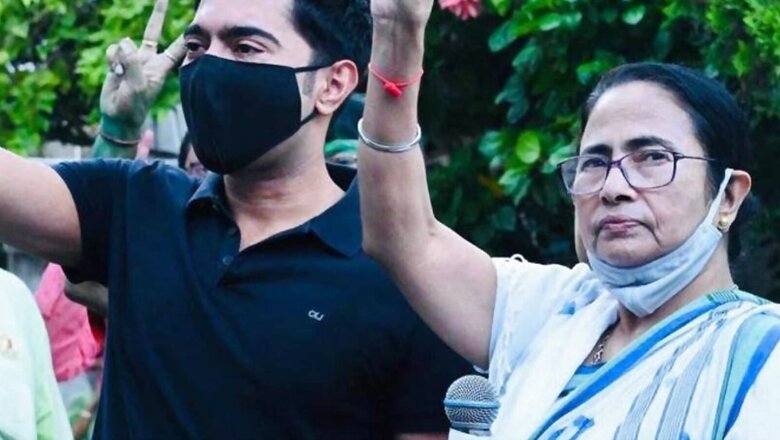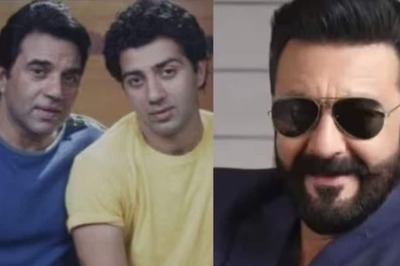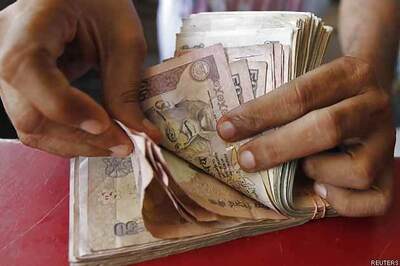
views
The actors, roles and locations may have changed but the war of words remains constant as the political drama shifts from Bengal to Tripura with the BJP and Trinamool Congress fighting for victory in the November 25 municipal elections.
In April, the BJP would highlight violence stories in Bengal, accusing the TMC of fascism and trying to quell dissenting voices. On the other hand, the Trinamool termed the BJP “outsiders” and accused them of trying to flare up tensions in the state.
However, over a span of four months, the action has shifted to Tripura. Nabendu Bhattacharya, BJP spokesman, said: “See, they are a party from outside and don’t have a base here. They are trying to create riots here.”
Political analysts say Tripura is witnessing a game of tit-for-tat; there was a time when BJP would take up the issue of violence in Bengal and now the TMC is doing the same, nationally.
Mamata Banerjee’s nephew and TMC leader Abhishek Banerjee on Monday said: “They have made supreme mockery of Supreme Court. Our people were beaten up, we registered 100 FIRs but nobody has been questioned. Instead, they arrested Sayoni Ghosh. What has she said? She only said “Khela Hobe”, a term also used by Prime Minister Narendra Modi. Police are mute spectators in Tripura.”
When asked about the war of words, TMC’s Saugata Roy told News18: “This is not tit-for-tat politics. I asked Amit Shah if his leaders were arrested when they came to campaign in Bengal? If not, then why such excesses? We are street fighters and will always stay the same.”
The chief minister too slammed the lack of democracy in Tripura, saying even the Supreme Court was not being heard.”
TMC has also written a letter to the National Human Rights Commission, which had played a crucial role in the post-poll violence case when the BJP had approached it.
Reacting to the political slugfest, political commentator Biswanath Chakroborty said: “Bengalis generally do not give space to Opposition. This is applicable in Bengal, Tripura and Bangladesh. There is a decline in industry so people here have started depending on politics rather than economy for their livelihood. Tendency of ‘dakhal’ politics tends to rise.”
Read all the Latest Politics News here




















Comments
0 comment